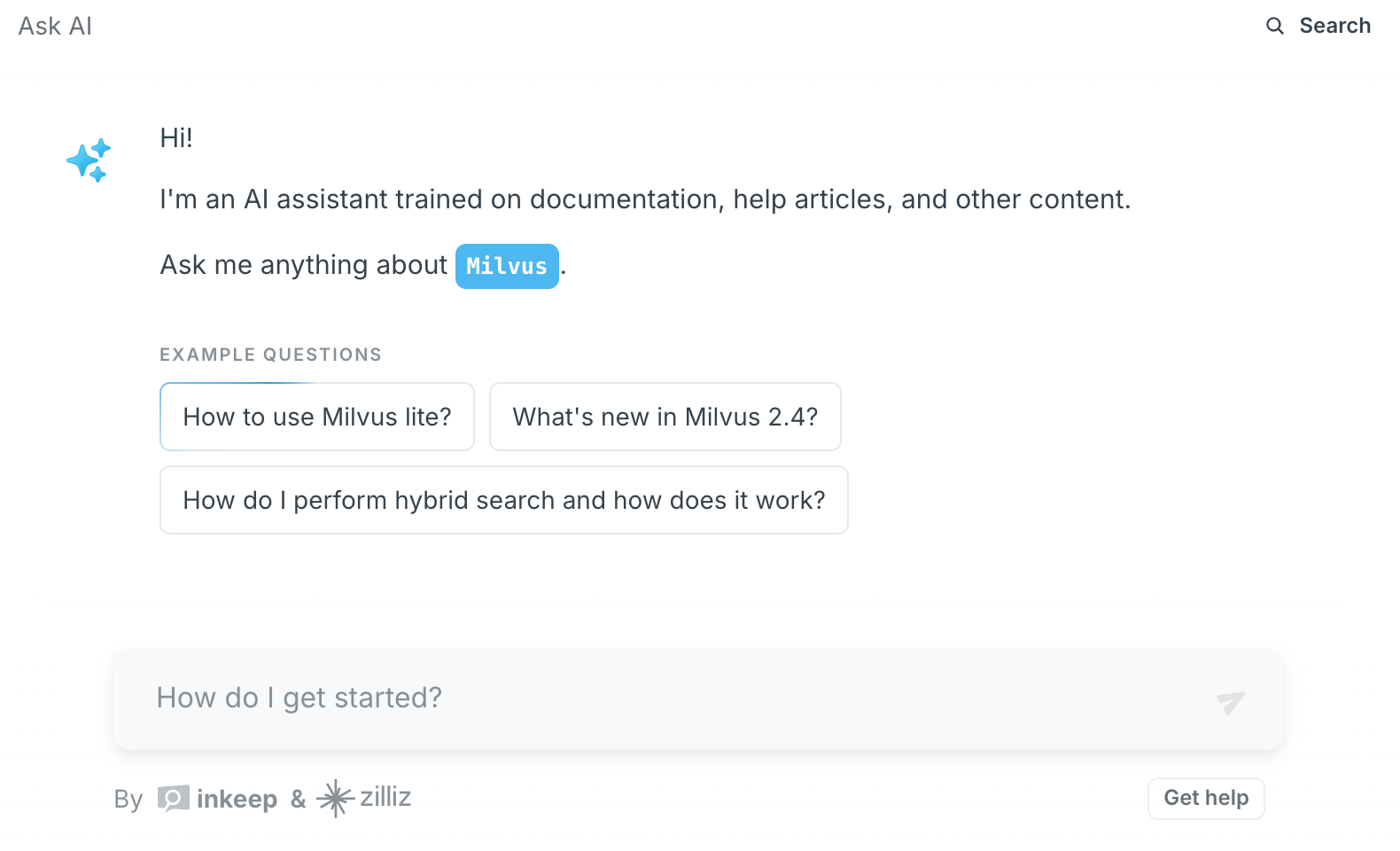Relying on an LLM’s parametric knowledge is preferable in scenarios where the required information is widely known, static, or benefits from synthesis of general concepts. This approach avoids the latency and complexity of external retrieval, making it ideal for straightforward queries that don’t require real-time or domain-specific data. For example, answering common factual questions (e.g., “What is the capital of France?”) or explaining basic concepts (e.g., “How does photosynthesis work?”) can be handled efficiently by the model’s internal knowledge. Retrieval becomes unnecessary here because the answers are unlikely to change and are well-represented in the training data.
Three key scenarios favor parametric knowledge. First, simple factual queries that require no customization or up-to-date context—like historical dates or scientific principles—are better answered directly by the LLM. Second, when a query demands synthesis of general knowledge (e.g., “Explain the causes of World War I”), the LLM can combine multiple facts cohesively without needing external documents. Third, for low-latency applications (e.g., chatbots), avoiding API calls to external databases improves response speed. For instance, a user asking “What is Newton’s first law?” doesn’t need a web search; the LLM can answer instantly and accurately using its training data.
Detecting these scenarios involves analyzing query intent and content. Techniques include:
- Keyword checks: Identify terms like “what is,” “explain,” or “define,” which often signal general knowledge needs.
- Complexity assessment: Simple, short queries (e.g., “Who wrote Hamlet?”) are likely resolvable by parametric knowledge.
- Data freshness: If a query doesn’t require recent information (e.g., “current stock prices”), parametric knowledge suffices.
- Confidence scoring: The LLM can self-assess if its answer is reliable (e.g., “I’m confident Paris is France’s capital”) versus uncertain (e.g., “As of 2023…”). Developers can implement rule-based filters or train classifiers to automate this detection, prioritizing parametric responses when criteria align. This balances efficiency and accuracy while minimizing unnecessary external calls.
